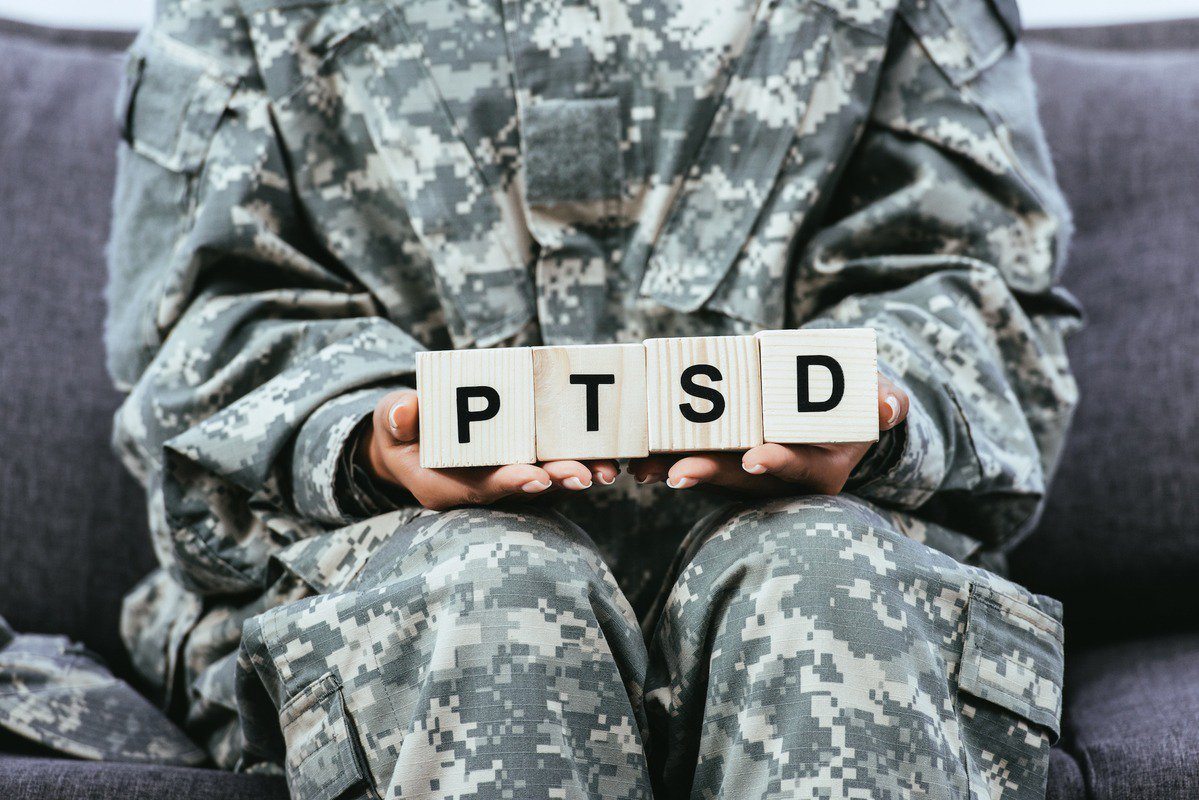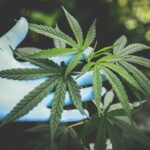A promising preliminary study of CBD and PTSD suggests more research could be very fruitful.
Scott Shannon, MD, working with CV Sciences, recently conducted the first study determining whether CBD is a beneficial treatment medicine for post-traumatic stress disorder (PTSD).
Since becoming popular, many CBD consumers now claim it’s one of the best all-natural supplements for mental illness. Yet, without proper research and regulation, medical professionals are hesitant to recommend it to patients. Furthermore, since current medical knowledge of CBD and PTSD is limited, it’s difficult to consult a doctor about using this medicine.
Due to this, Shannon’s research is vital to the industry. Not only does it provide the public with credible insight into CBD’s effects, but it brings us one step closer to widespread acceptance of the benefits of CBD.
“These are promising results and an indication that CBD would be beneficial to people with PTSD. However, to confirm it, you’d want to run a larger, double-blind, placebo-controlled trial.” — Dr. Duffy MacKay, CV Sciences
Dr. Duffy MacKay, CV Sciences’ senior vice president of scientific and regulatory affairs, told us “Science grows in increments. Science grows through hypothesis and then testing of hypothesis.” CV Sciences are the creators and marketers of the PlusCBD Oil products which were used in the study.
With science behind CBD revealing itself, the future of the hemp industry and human health looks even brighter.
CBD AND PTSD STUDY REVEALS ‘PROMISING NEWS’ FOR FUTURE RESEARCH
Shannon is a physician and psychologist who’s worked in the mental health field for some time. After learning about how CBD works with the endocannabinoid system, he became highly interested in its potential to be used as a treatment for PTSD.
“There are some animal models and studies that suggest cannabidiol would be beneficial mechanistically,” explained Dr. Duffy. “So what [Shannon] did in his patient population was a series of retrospective cases where he was treating people with our product.”

Shannon gathered together 11 adult patients, all of whom were going through regular PTSD treatment, including other medications and psychotherapies. While having them continue this treatment, he also provided them with a flexible dosage of CBD oil.
The study found that 10 out of the 11 patients experienced a decrease in PTSD symptom severity. Patients especially reported a reduction in nightmares. This is important, as these tend to be vivid reimaginings of their traumatic experiences.
“This is promising news,” Dr. Duffy said. “But this is not a rigorous, randomized controlled trial. When you have a successful study like this — Dr. Shannon would be the first to say this — these are promising results and an indication that CBD would be beneficial to people with PTSD. However, to confirm it, you’d want to run a larger, double-blind, placebo-controlled trial.”
In other words, Shannon’s experiment was the foundation of future experiments surrounding CBD and PTSD.
ENCOURAGING EVIDENCE
With that in mind, it’s not professionally recommended for people with PTSD to use CBD as a medical treatment. Yes, Shannon’s study gives us a lot of evidence that should allow us to think otherwise. However, in order to understand just how CBD works within people suffering from PTSD, more research must be conducted.
As Dr. Duffy reiterates,
“We are developing a hemp extract that’s sold as a dietary supplement. This is not a drug or a prescription drug. We’re focusing on the quality of our product. We make no claims. PTSD is a very complicated and serious condition and we will always tell a consumer to talk to their doctor about any changes to the treatment they’re doing.”
Still, Shannon’s evidence will inevitably be an encouragement for more medical professionals to perform studies in regards to how CBD can help with PTSD. Furthermore, it supports people with PTSD who want to ask their doctors about CBD.
“It’s important to mention all of the patients in this study were under routine psychiatric care,” Dr. Duffy emphasized.
“They received medication. They received counseling. And the CBD was added on top of their care. This is not a replacement of any drugs. This is not a cure-all. If anything, if doctors are open-minded and willing to try a non-intoxicating, natural product, this study would indicate it’s a safe option for them.”

CBD AND THE FUTURE OF MEDICINE
It’s safe to say that CBD has strong potential for treatment of PTSD and other mental disorders. Still, many questions remain on the matter. Are there any other symptoms CBD can help with? Is it better for some types of PTSD than others?
This is why it’s vital for medical professionals such as Shannon to keep investigating CBD within the medical field.
“There’s a lot of different science you’d have to overlay on top of this study in order to really start answering specific questions,” Duffy added.
We have a long way to go until cannabidiol is properly recognized within the eyes of medical professionals and the government. It’s important for hemp advocates to continue pushing for more research like this.






